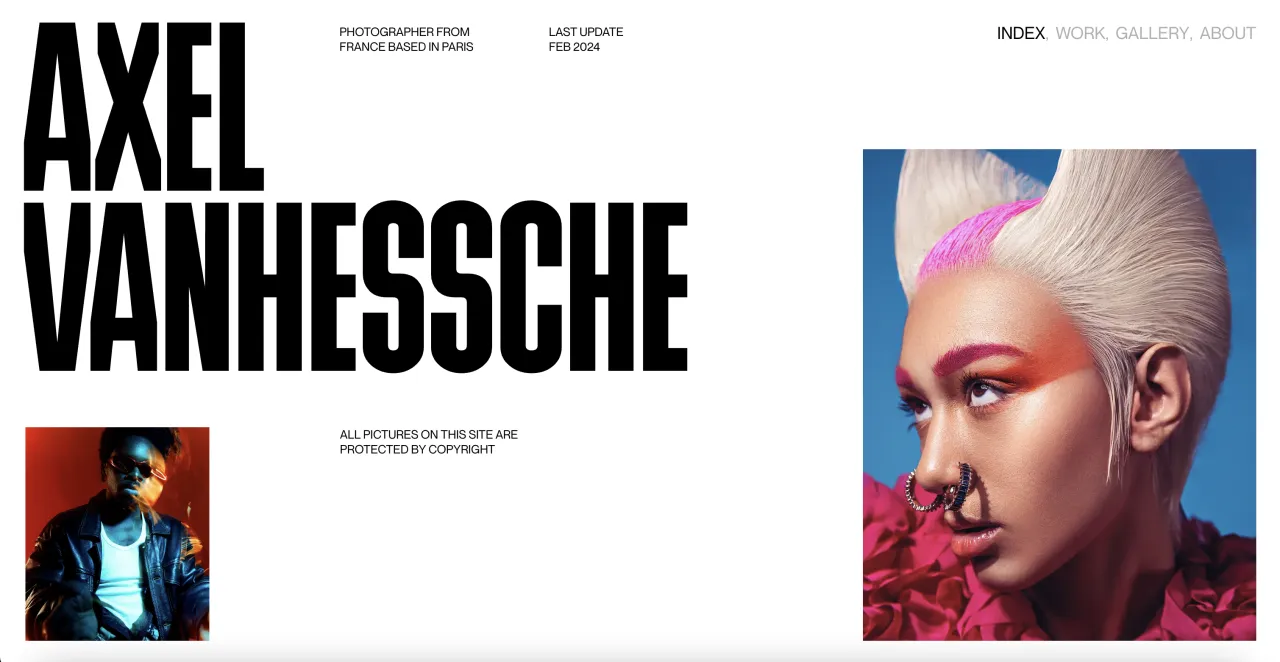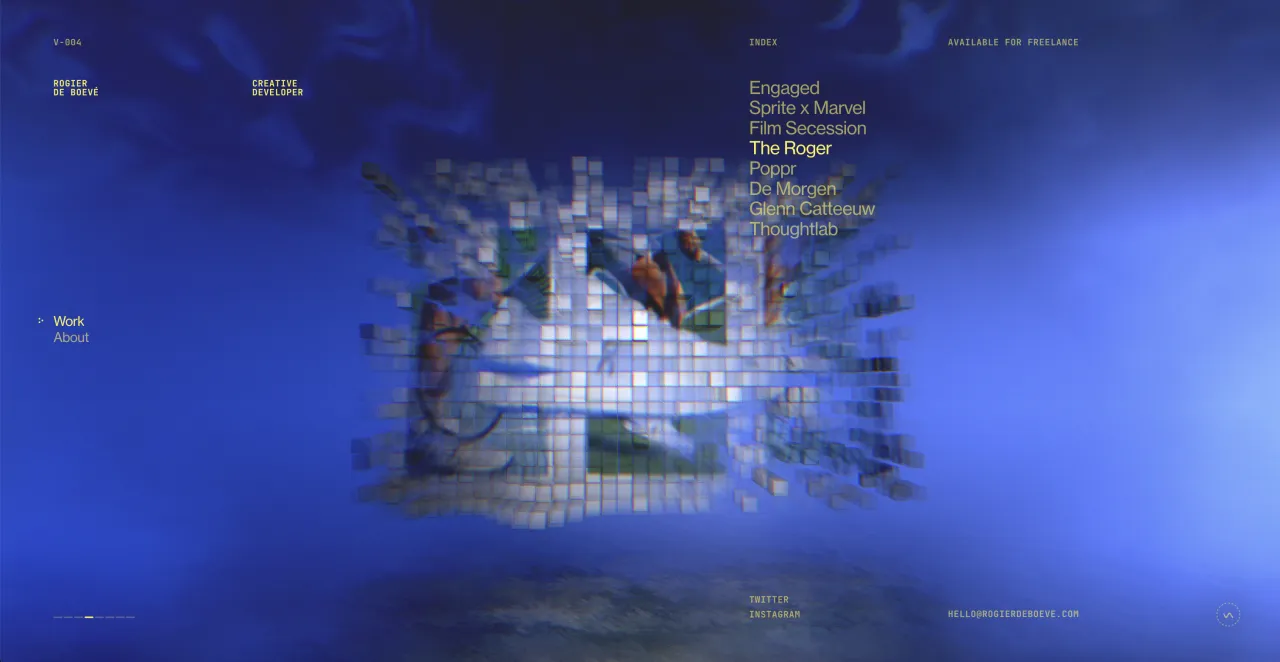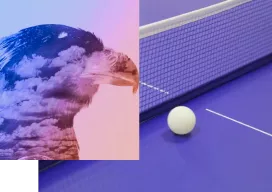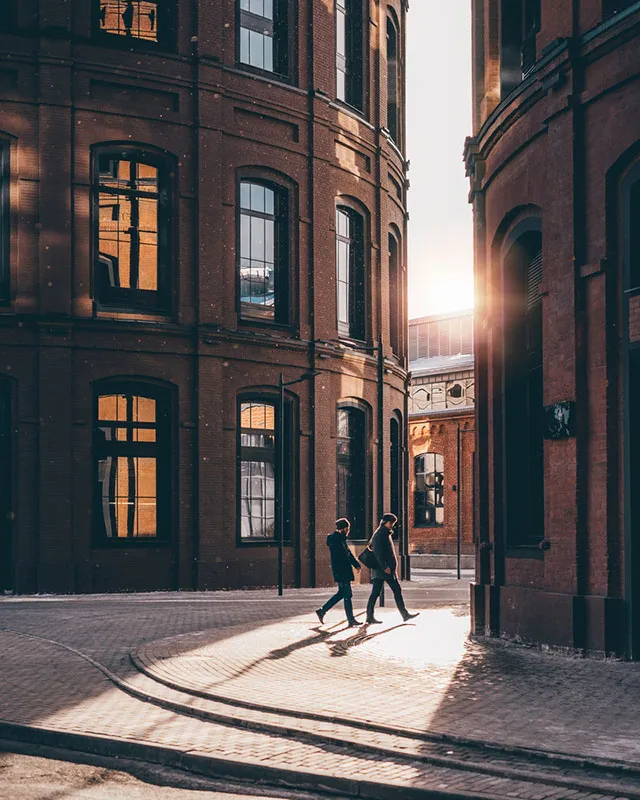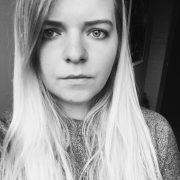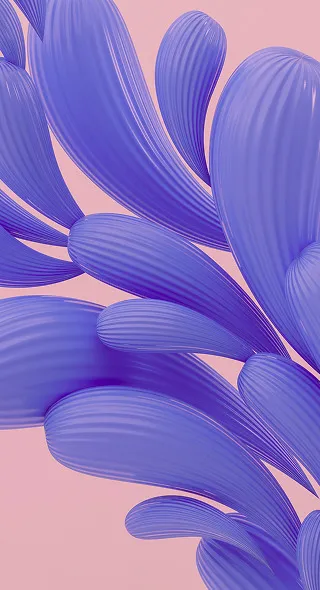FeiFan Zhang: Dysfunctional Elements Within Urban Landscapes
FeiFan Zhang is an artist and photographer whose work examines how human intentions often result in irreconcilable functions as oddly experienced spaces in the changing urban landscape. We often overlook this type of landscape but FeiFan chooses to focus on the spaces that we purposefully ignore. In a brief interview, FeiFan lets us in on her ongoing project about strange spaces.
A little background and achievements before we start:
She received her MFA in photography from Columbia College Chicago, and BA in English Literature from Beijing International Studies University in Beijing, China, where she was born and raised. Her work has appeared in solo and group exhibitions and publications internationally. Recently, her work has also been featured by Midwest Center for Photography (Wichita, KS) as one of their 2018 emerging photographers, and in Under the Radar by ArtSlant. Currently, she lives and works in Chicago in the United States.
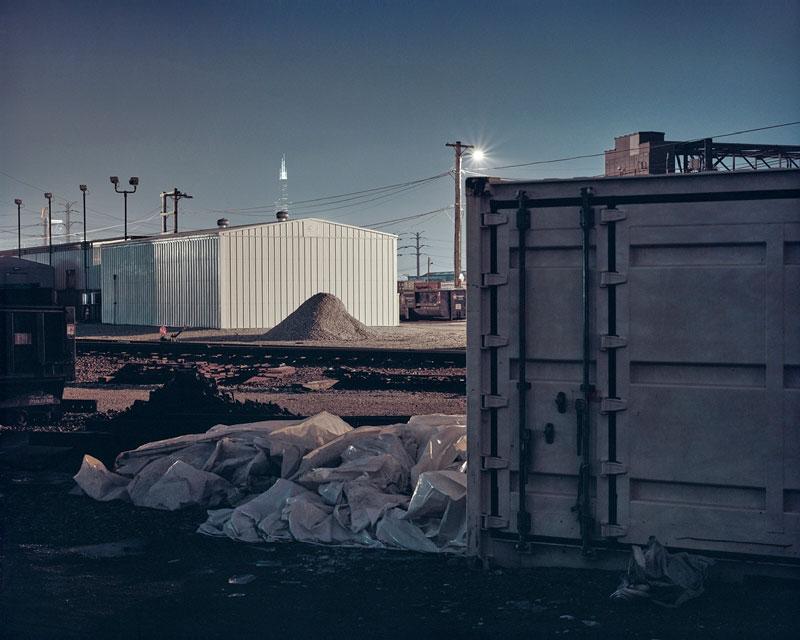
Among your projects, which series or a single photograph is your favourite? What’s the story behind the project or photograph?
I have been exploring my interest of the urban landscape since the beginning of my graduate school studies at Columbia College Chicago. “No Man’s Land” came to form as my thesis project and still is an on-going project that I would like to expand (contently and geographically) after graduation.
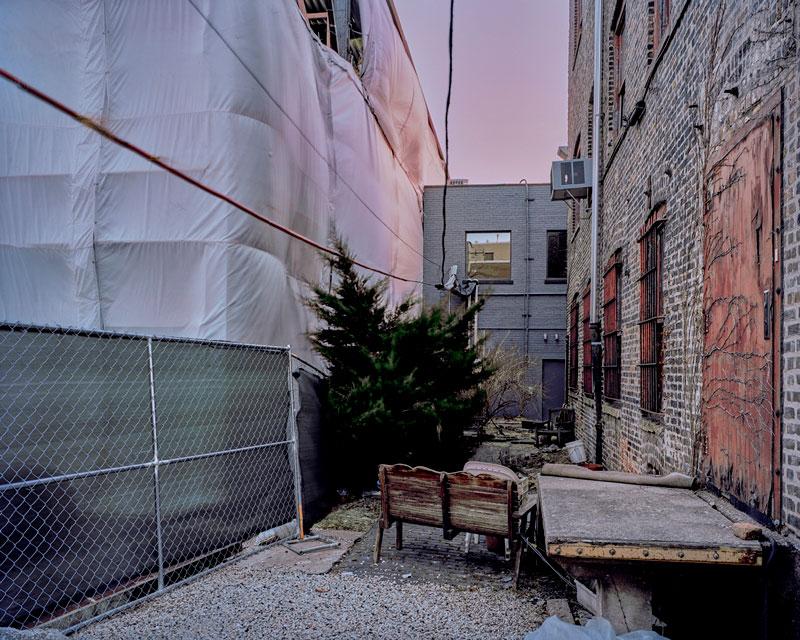
“No Man’s Land” is an exploration of irresolvable and un-relatable spaces – the dark cavities that populate the city. My interest in this subject began when I was living in Beijing and witnessed its renovation and the subsequent ambiguities of land usage that happened as a result. When I moved to Chicago in 2015, I was intrigued by similar issues, and I believe my explorations could have been undertaken in any number of urban settings. The phrase “no man’s land” is often understood as undetermined territory that stays unoccupied and suffused with fear and uncertainty. I am interested in representing how structured intentions coincide with perplexing functions that exist in the urban landscape, as well as how those uncertain functions impact the human experience. Ultimately, the work speaks to the tenuous relationship we have with the built environment and our attempts to reconcile the often-dysfunctional elements within the urban landscape.
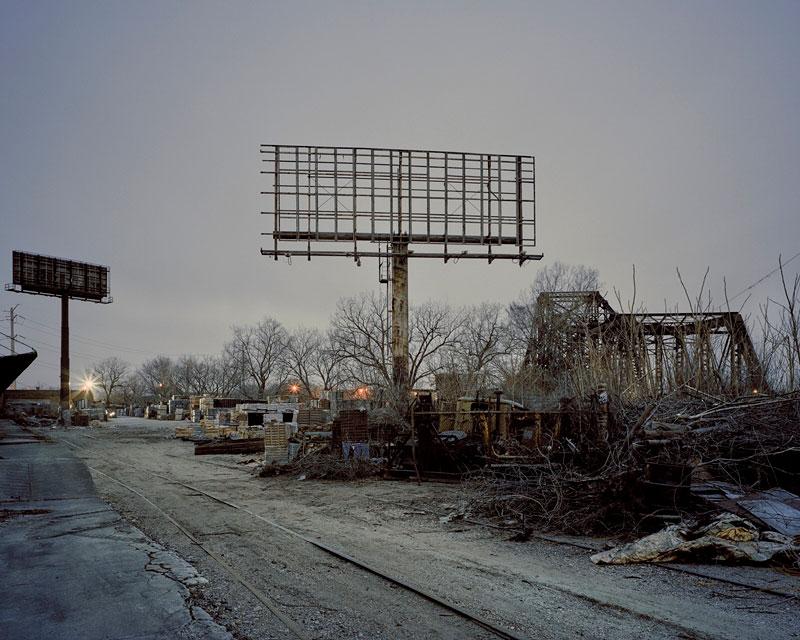
I create this work by navigating, by foot, through targeted areas. The qualities that I look for are inaccessibility, uncertainty, deficiency, even brutality. I utilize natural and artificial light, as well as plant life and weather conditions to emphasize the character of these places, and my large scale prints employ spatial relations of elements and color to create an immersive interaction with my photographs. I want the viewer to both observe and experience these places.
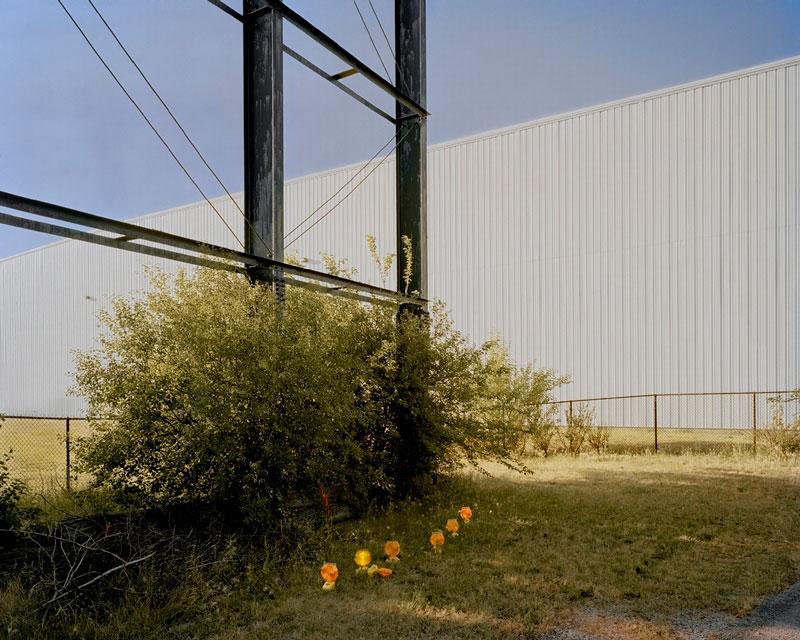
What is your favourite part about being a photographer?
I feel photography is a path for me to express my thoughts and ideas appealingly and effectively. I often find it hard to express something effectively through language. (Accuracy and the time given are just two of the many factors that make it challenging.) Especially when I am in-between multiple languages, something speaks through the visual would more decently build the bridge. And of course, nothing of everything I do would be more enjoyable than the moment when I decide to stand behind the ground glass and expose a few sheets of film. Let’s just keep the memory here for now…
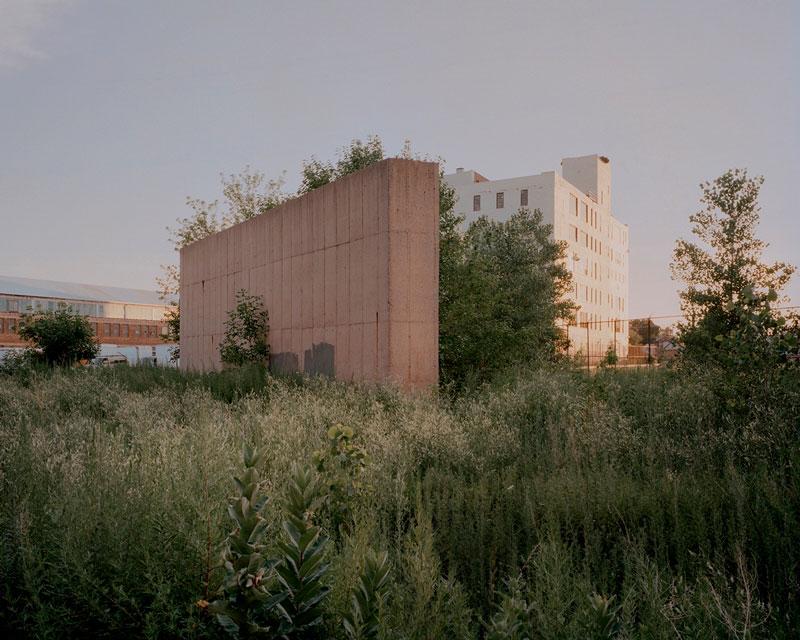
Who were your biggest influences, where do you seek inspiration?
Beate Gutzshow, David Spero, and Steven Shore.
Since I make work about the urban landscape, the city out there itself is THE place for inspiration. But reading books by urban planners and authors (Kevin Lynch, Lewis Mumford, Jane Jacobs, among others) are also essential for me to better understand my subject and generate ideas.
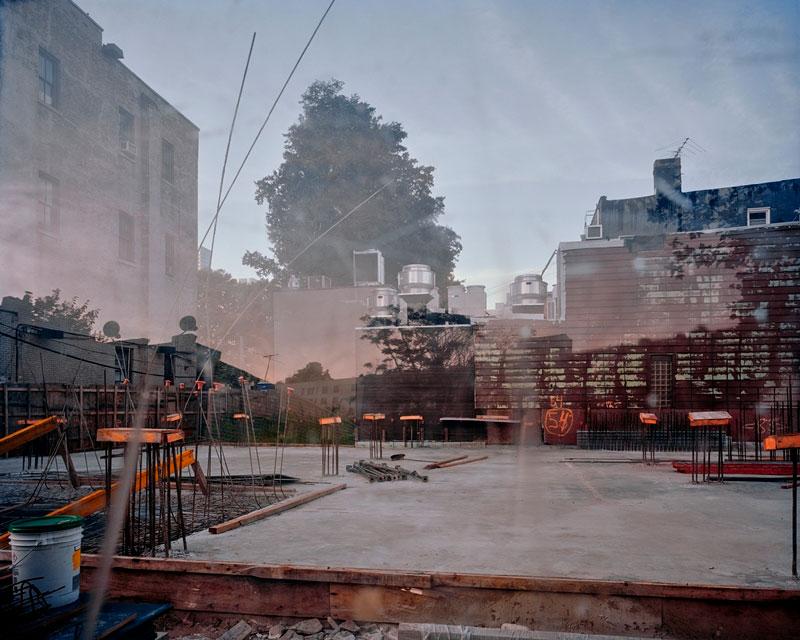
Would you say photography is more liberating or restrictive than other artforms? Do you pursue other artforms?
The photography representation is not just restricted to 2-dimensional images. Video work and other lens-based work are also considered as a part of photography. I don’t think there is a defined comparison among photography and other “art forms” for which would be more “liberating” or “restrictive”. One form has its limitation, but the part that matters is that you choose it wisely and use it well.
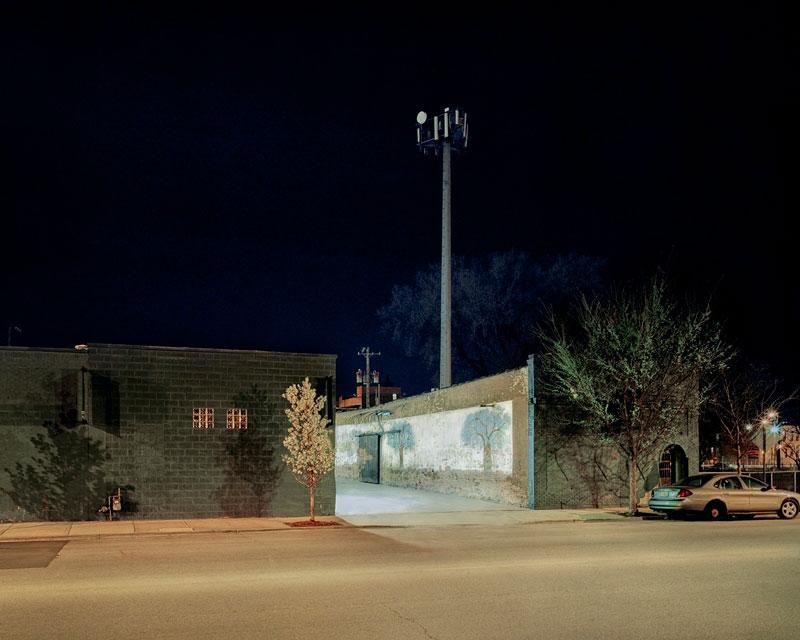
For me, photography wasn’t the first “art form” I seriously pursued. Painting/drawing was a path for me years ago, but now it just often fills the gaps in my life here and there. It is an effective tool for me to make notes and helps me think. (If music counts, then I enjoyed practicing Erhu – a traditional Chinese instrument with two strings – for many years, too.)
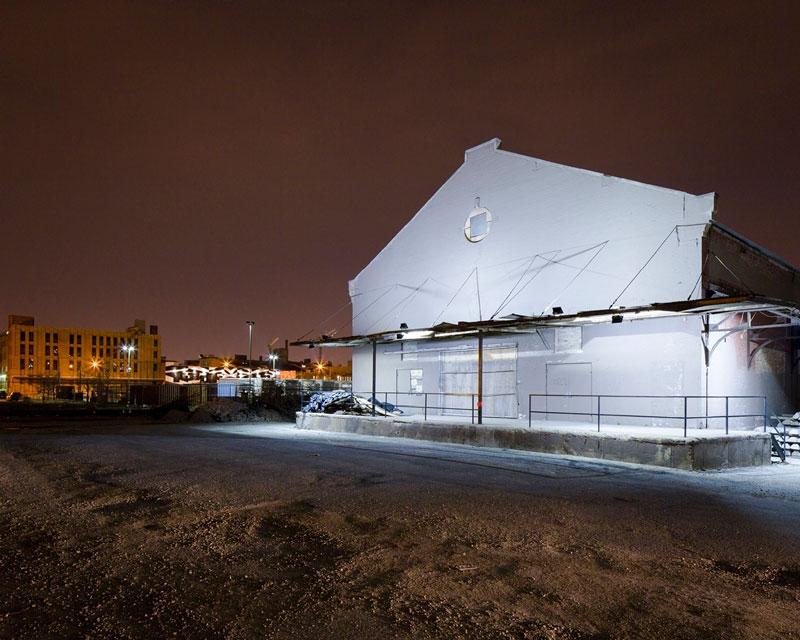
What makes a memorable photograph, in your opinion?
A memorable photograph doesn’t necessarily make it a good photograph or an important one that contributes to the culture. Good works should be well thought ahead, exquisitely made, and effectively presented.
